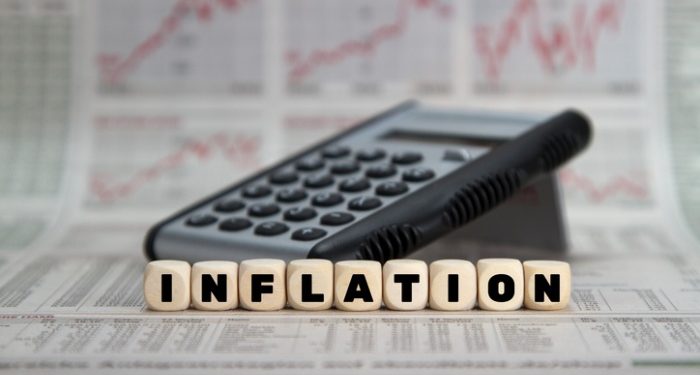The Consumer Prices Index (CPI) has dropped to 3.2 per cent in the 12 months to March 2024, down from 3.4 per cent in February.
CPI rose by 0.6 per cent in March 2024, compared with a rise of 0.8 per cent in March 2023.
Dean Butler, Managing Director for Retail Direct at Standard Life, part of Phoenix Group said: “This further fall in inflation will inevitably accelerate speculation surrounding the Bank of England’s intentions for interest rates. So far it has persisted with high rates due to inflation remaining above target, and it looks like US interest rates, which often influence global rates, could remain high for quite some time.
“However, with UK growth struggling, unemployment increasing, wage growth cooling and this month’s energy price cap cut likely to push CPI even closer to the 2 per cent target, this spring or summer could well be the time the Bank’s Monetary Policy Committee changes direction and reduces interest rates.
“A cut in interest rates is good news for borrowers, but less so for savers – many of whom will have enjoyed decent returns on their deposits after more than a decade of historically low rates. If the Bank does decide to move as early as May or June, the next few weeks could be the last chance to pick up easy-access savings deals hovering around 5 per cent.
“People are famously loyal to their bank, but securing the best possible savings rate really can make a difference over a couple of years – our analysis found that if inflation fell to the Bank of England’s target of 2 per cent, someone with £10,000 who grabbed a 5 per cent interest deal could see their savings worth £10,588 in real terms after two years. However, someone with the same amount to save who missed the best offers and picked up a 3 per cent deal would have £400 less after two years (£10,189).
“For those with a greater appetite for risk, investing offers a greater chance of substantial returns, but there’s always the chance of losing money too. People able to take a long-term view could consider saving into a pension, which offers both the benefits of investing and tax efficiency.”
Andrew Oxlade, investment director, Fidelity International, comments on the latest UK CPI figures: “The March Consumer Prices Index figure of 3.2 per cent was down from 3.4 per cent in February – a relief for the Bank of England but slightly less than the 3.1 per cent analysts had hoped.
“The broad picture is positive. The headline CPI figure has been regularly falling and is a fraction of its painful peak of 11.1 per cent in 2022. But falls in late 2023 have largely been incremental and slower than hoped – a reminder that when fighting inflation, the last part is the hard part.
“All the time the figure hovers so far above the target of 2 per cent, policymakers will find it hard to justify cutting rates. The shift in rate expectations reflects this. In January, markets had expected six rate cuts in 2024 and that the first would have happened by now. Predictions today point to only two cuts, from 5.25 per cent to 4.75 with the first not arriving until autumn.
“The good news is that shoppers should be seeing slower rises and may soon begin to notice some prices falling, at least in pockets. The price of furniture, for example, in March was 2.3 per cent lower than a year before. More broadly, the picture is that inflation in services remains much higher than goods – 6 per cent versus 0.8 per cent.
“Attention will now turn to the impact of rising oil prices, driven higher by the crisis in the Middle East. It could further slow reductions in inflation, and further push out hopes of rate cuts even if they are much needed by a weak British economy.”
Hymans Robertson head of capital markets Chris Arcari says: “UK headline CPI inflation is expected to have declined to 3.1 per cent year-on-year in March. Indeed, falling energy prices and the impact of the UK’s energy price cap means headline CPI inflation is expected to fall below target in the coming months, but sticky services and wage inflation still highlight elevated underlying price pressures.
“We expect CPI inflation to continue to fall back this year, but with services inflation slowing less sharply and wage growth remaining relatively high, there remains uncertainty over how quickly inflation will reach target on a sustainable basis.
“Amid signs of persistence in underlying inflation, markets are now expecting around two 0.25 per cent pa rate cuts from the BoE in 2024, down from – albeit very optimistic – expectations of between six and seven cuts at the start of the year.
“With inflation still expected to slow, we continue to expect the major central banks to cut rates this year. However, given the massive overshoot of inflation, we expect central banks to tread cautiously, and the emphasis to be on bringing policy rates down slowly to less restrictive levels.”
The post Industry reaction: Inflation falls to 3.2pc appeared first on Corporate Adviser.


